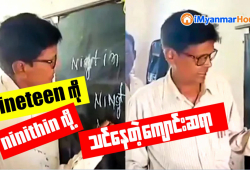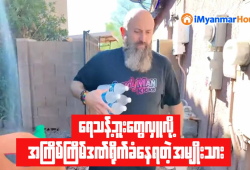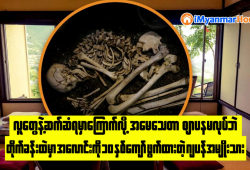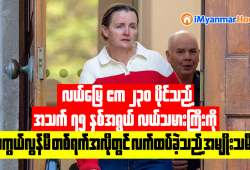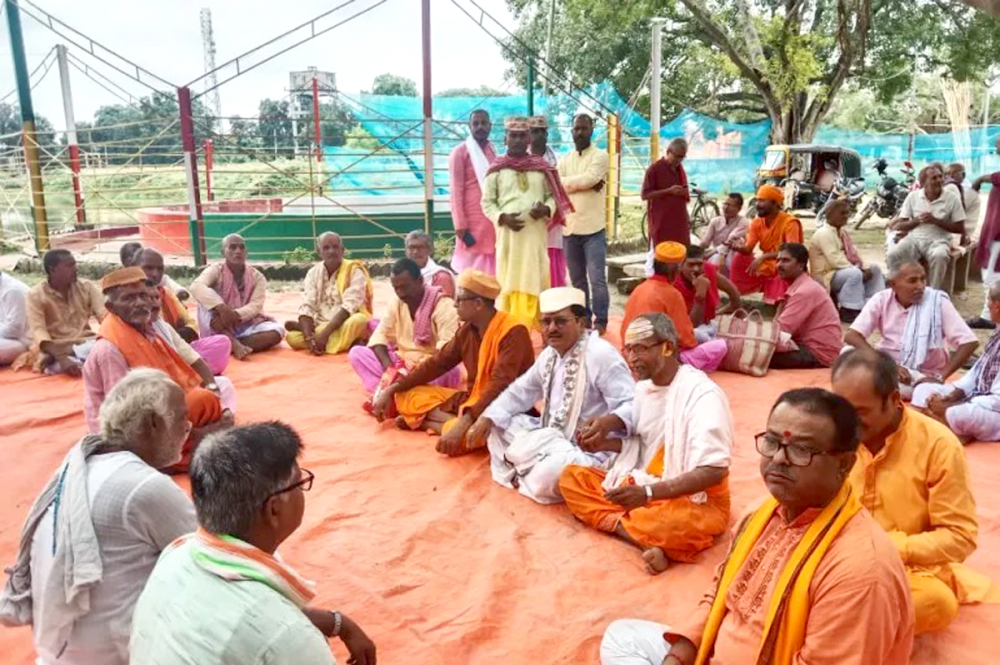
Foreign Property News | Posted by Si Thu Aung
There is a special market in Madhubani district of Bihar, where men line up as grooms in the market to be bought by the prospective brides. This is locally called the groom’s market or Saurath Sabha.
The women and their families together select the groom from the market as per their choice. The practice is said to be a 700-year old tradition in the region.
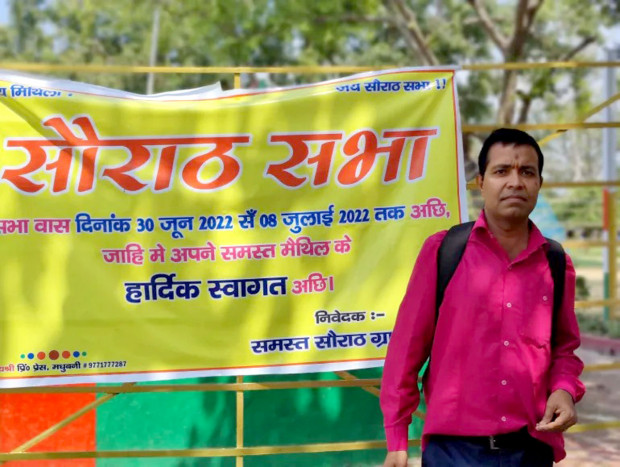
(Nirbhay Chandra Jha has come to the event looking for a bride [Ismat Ara/Al Jazeera])
Before selecting a groom the prospective bride’s family verifies the qualification, family background, age proof like birth certificate and other documents of the groom. If a woman likes a man and says yes to marriage, the men of the family initiate further conversations.
Every groom, whether dressed in traditional crimson dhoti and kurta, or in jeans and shirts, comes for a price based on his qualification and social position.
According to local legends, the tradition was started by Raja Hari Singh of the Karnat dynasty. The purpose of this tradition was to get married in different gotras, and to make the marriages dowry-free. Marriage in the region is not allowed if blood relations and blood groups are found for seven generations between the bride and the groom.

(A ‘panjikar’ or traditional record-keeper, reads family records maintained over centuries [Ismat Ara/Al Jazeera])
Saurath Sabha makes it easier for women to find the right husband from a diverse group of men. While the tradition was created in order to get rid of dowry, according to various reports, dowry is still prevalent in such marriages.
Thousands of Maithili men and their guardians gather under the Pipal trees in the local market area of the Madhubani district to be chosen by prospective brides.
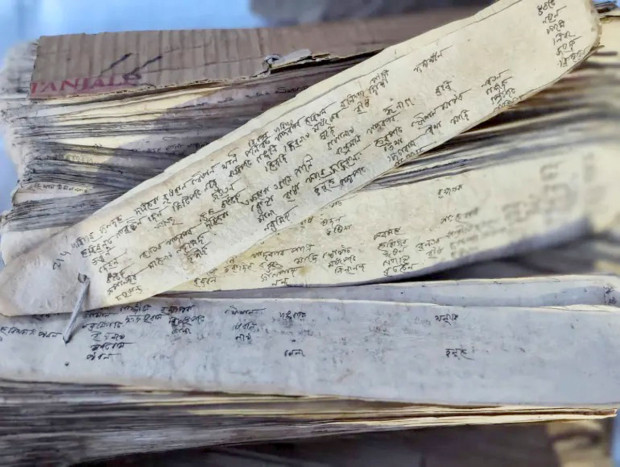
(A book of family records maintained by the panjikars [Ismat Ara/Al Jazeera])
This 9-day market is set up in an orchard and it is also called as Saurath Mela or Sabhagachhi. People from the Maithil Brahmin community come from all across the district with their daughters to this market to choose the grooms.

(A banner welcoming the visitors to the ‘groom market’ [Ismat Ara/Al Jazeera])
The girl’s parents complete the marriage rituals as soon as they find a suitable partner for their daughter. Registrars, also known as Panjikars in their native language, play a significant part in this fair.
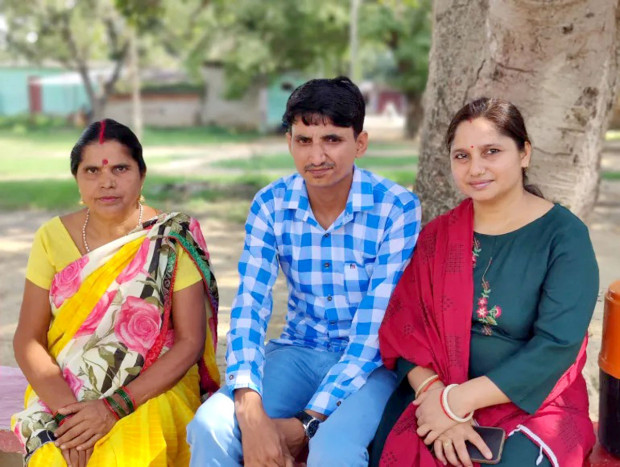
(Mehek Pandey, right, sits with her brother and mother at the event [Ismat Ara/Al Jazeera])
Ref: Inside a 700-year-old ‘groom market’ in India’s Bihar state Photo Credit- Ismat Ara/Al Jazeera
